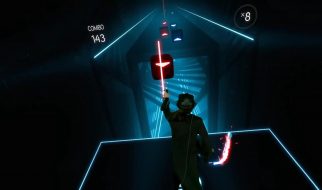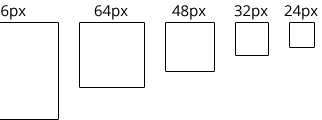Ever wondered what those symbols on Goku?s clothing mean? Or maybe you already do, but did you know that there are a lot more different kanji in the Dragon Ball universe?
Well, we are about to answer all of your questions!
Before we start, you might be wondering what kanji even are. It might be a little hard to understand, but basically a kanji represents an idea or a concept. It is not necessarily a word that you can pronounce per se.
Imagine a traffic sign, they can not always be summarised in one word, but they represent a meaning that we can all understand. Kanji go by the same principle, but in written form instead of imagery.
Fun fact, just like the original Dragon Ball series was based on the Chinese Journey To The West story, Japanese kanji are Chinese symbols that the Japanese simply adopted.
With the crash course out of the way, let?s get started because there are a whopping 16 kanji symbols in Dragon Ball we have to go through. For your convencience, we will list them alphabetically.
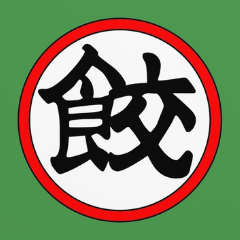
Chiaotzu
Chiaotzu?s kanji is directly tied to his name as it means dumplings, but is also commonly associated with small things in general. It obviously refers to Chiaotzu being a small character.
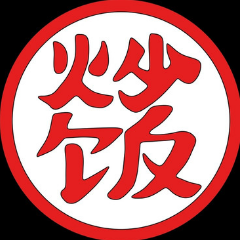
Emperor Pilaf
Emperor Pilaf?s kanji means fried rice and refers to rice pilaf, which is a rice dish. Technically fried rice and rice pilaf are not exactly the same.
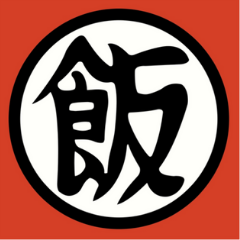
Gohan
This is the kanji that Future Gohan wears on his gi while fighting Android 17 and 18 during the Future Trunks alternate timeline. It refers to rice and just food in general and is tied to the word ?gohan? meaning rice/food in Japanese.
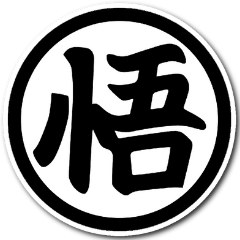
Goku
Arguably one of the most iconic Kanji in all of Dragon Ball and a direct tie to the Journey to the West story the original Dragon Ball was inspired by. In that story, the protagonist is given the name ?Sun Wukong? at some point, which, in Japenese, translates to.. Son Goku.
The kanji itself represents the ?Go? part of Goku and means to understand. Goku starts wearing the kanji on his gi after his arrival on Namek during the Frieza arc.
Both his training while travelling to Namek and his transformation to Super Saiyan are things Goku experiences on his own, which is most likely what the kanji refers to.
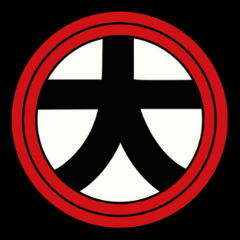
Grand Kai
The Grand Kai kanji is fairly straightforward as it symbolizes the word ?great?, refering to his status as Grand Kai among the Kais.
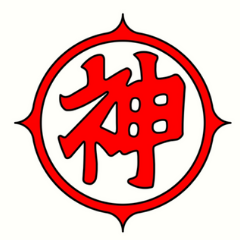
Kami
The Kami kanji represents the word god or spirit and refers to Kami?s status as protector of the Earth.
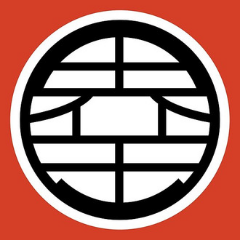
King Kai
This kanji is actually two kanji combined in one image. They stand for king and world and refer to the Kaioshin, who are kings of worlds as they look over their respective parts of the universe.
All Kaioshin wear this symbol as well as some of King Kai?s students.
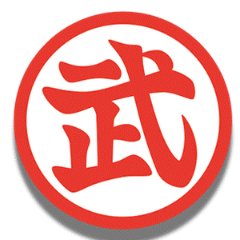
Master Mutaito
Master Mutaito?s kanji refers to everything related to martial, symbolising his status as one of the greatest martial artists ever and trainer of Master Roshi, among others.
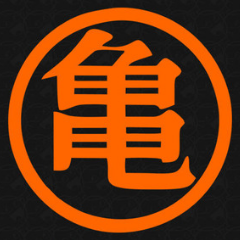
Master Roshi
Another of the most famous Dragon Ball symbols, Master Roshi?s kame kanji. Worn by Goku, Krillin and Yamcha the kanji means turtle and obviously refers to Master Roshi being the Turtle Hermit and his Turtle School.
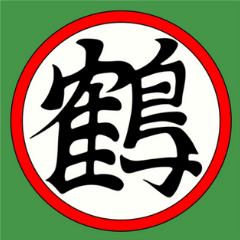
Master Shen
Worn by Tien, Chiaotzu and Master Shen himself, this kanji means crane and is a reference to Shen?s martial arts school, the Crane School. Tien and Chiaotzu later abandon this kanji in favor of their own.
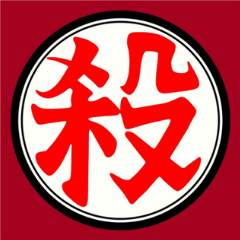
Mercenary Tao
Tao?s kanji is a pretty dark one as it means kill, obviously referring to Mercenary Tao?s occupation as assassin. The kanji is often used in words that refer to assassinating.
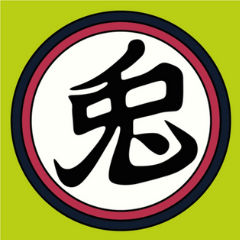
Monster Carrot
Monster Carrot?s kanji is about as straight forward as it gets as it means rabbit. Yes, Monster Carrot is a giant rabbit wearing a symbol meaning rabbit on his clothing, just in case you didn?t understand that he is, in fact, a rabbit.
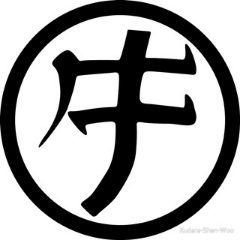
Ox-King
The King of Fire Mountain wears a kanji signifying ?ox?, that?s all there is to it.
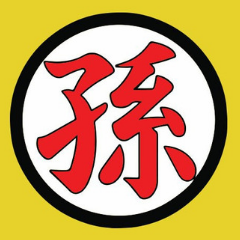
Son Family
This kanji means Son and refers to both Goku?s family name and the meaning of the word son, which means descendant. It?s only fitting that Gohan wears this as his first kanji.
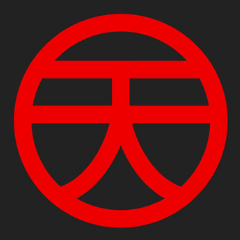
Tien Shinhan
Tien?s kanji means sky or heaven and is the first kanji to appear in Tien Shinhan?s full name. It appears to be unknown if there is any meaning behind using this kanji other than it being part of his name.
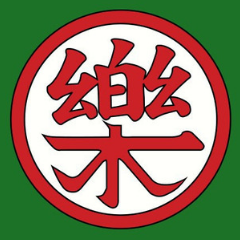
Yamcha
Yamcha?s kanji seems a little unrelated to Yamcha himself as it means comfort, supposedly referring to Yamcha?s preference to living life nice and easy.
And that?s it, 17 kanji all seen and worn in Dragon Ball, Z, GT or Super. Now you won?t have to wonder what they mean anymore.
What is your favourite kanji? Let us know in the comments below!
Until next time!
